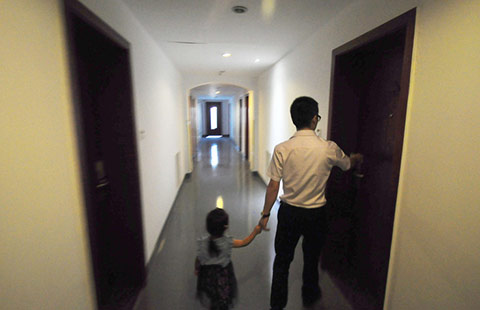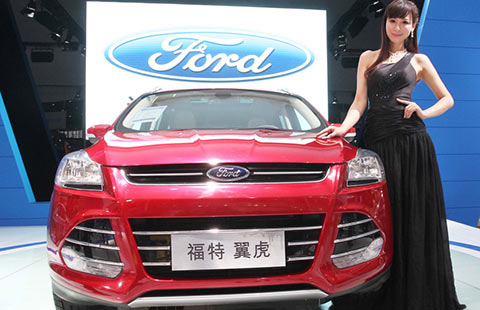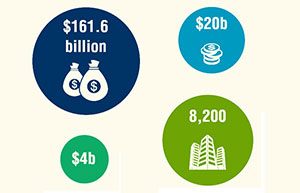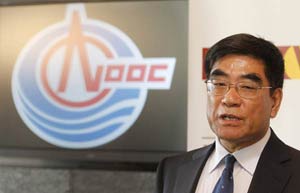China, ROK accelerate FTA talks
(Xinhua) Updated: 2014-07-08 15:55BEIJING -- China and the Republic of Korea (ROK) are working to ensure a breakthrough in their negotiation on a bilateral free trade agreement (FTA), likely paving the way for a larger FTA between all three leading economies in East Asia.
During his first visit to the ROK last week, Chinese President Xi Jinping pledged more efforts to accelerate the FTA negotiation so that it concludes by the end of the year, a sentiment echoed by his counterpart Park Geun-hye.
If all goes well, talks lasting over two years will finally come to an end in the second half of 2014 and bilateral trade will then be boosted to the promised $300 billion in 2015.
Trade expert Mei Xinyu of the Ministry of Commerce said, "The most important aspect of Xi's visit will be promoting the negotiation."
A series of cooperative documents covering trade and currency were signed in the two-day state visit, laying the foundation for the FTA.
The most important of those was a memorandum of understanding between central banks of the two sides to establish a renminbi clearing service in Seoul to facilitate trade and promote the use of RMB.
Under the memorandum, direct trading of the yuan against the won, the ROK's currency, will be achieved and an 80-billion-yuan ($13 billion) investment quota was granted to the ROK's institutional investors to invest in China's capital market.
The move marked the two sides' cooperation to deepen currency trading, which is good for the FTA, said Cai Hongbo of Beijing Normal University. Beijing and Seoul signed a currency swap agreement to bolster trade in 2008 and extended it in 2011.
Ahead of the FTA, the presidents also agreed to nurture cooperation in emerging industries such as new energy, intelligent manufacturing, environmental protection and the high-tech sector.
For Zhang Jianping of the foreign economic research institute at the National Development and Reform Commission, face-to-face discussion between the top leaderships will help resolve the sensitive matters that are holding things up.
Since May 2012, 11 rounds of talks have been conducted between the two countries on the FTA, with consensus reached on most of the issues, such as the proportion of merchandise enjoying a zero-tariff policy. The next round of talks is scheduled for later this month in the ROK.
Analysts expect that disagreements left in aspects including chemical sectors and agricultural products will be settled.
|
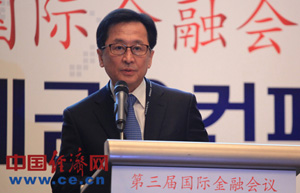 |
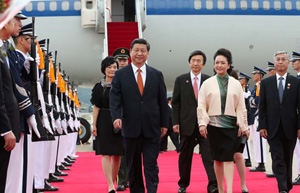 |
| South Korea eyes China's financial market | Xi hails South Korea's growing international influence |
- Global investors hunger for dim sum bonds
- Property developer uses helicopters and models for promotion
- China GDP to hit 6.6% next year: Credit Suisse
- China's arid north feeds water-rich south
- China orders 123 Airbus helicopters
- China urges US to stop abusing remedy measures
- Top trade partner, gateway to Europe
- German machinery producing success

